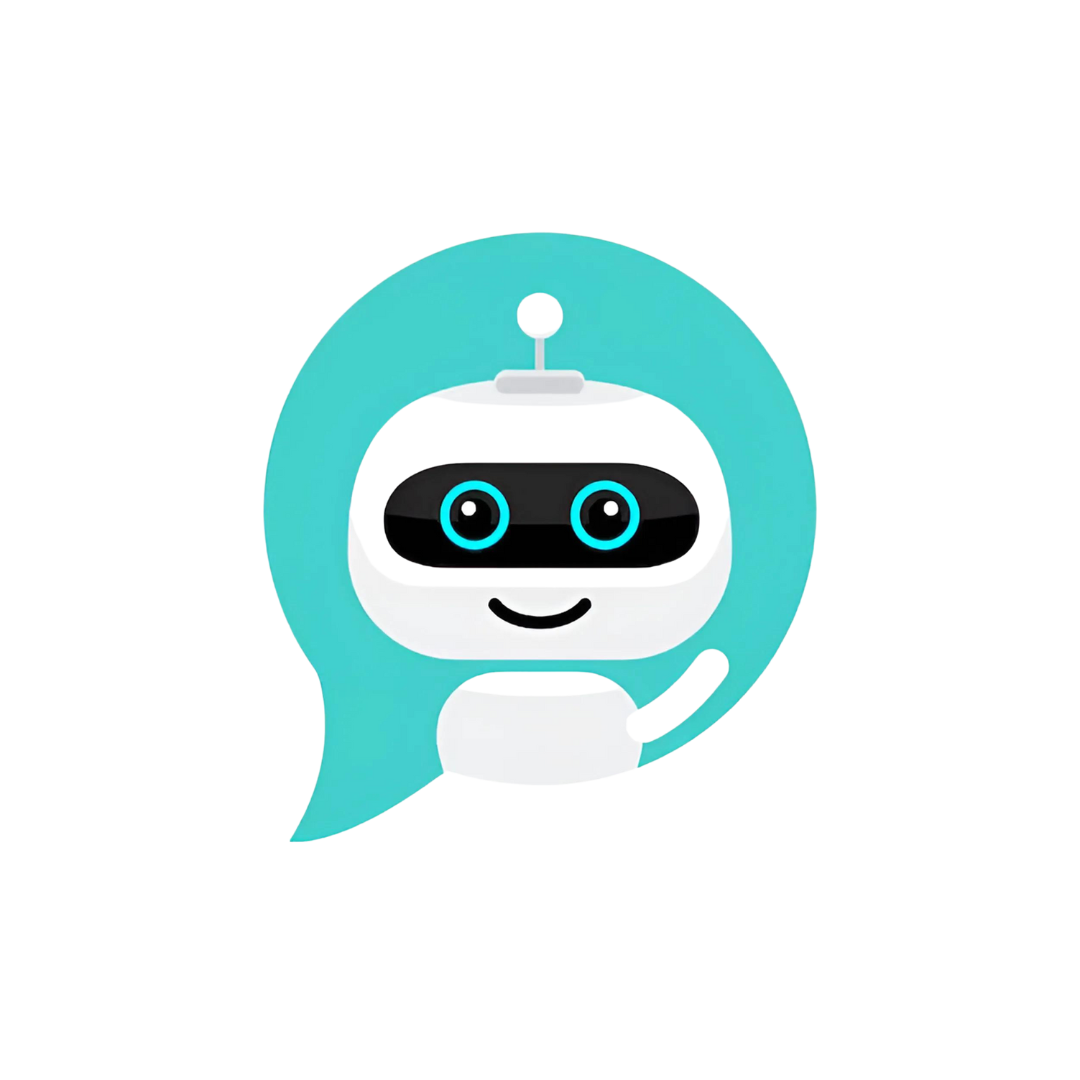Front-End Web Developer -React
Home > Training Programs > Front-End Web Developer – React
The front-End Web Developer React Training Program
Building a strong foundation for beginners and experienced programmers
The comprehensive front-end developer React course provides an in-depth understanding of React and its related technologies. The course covers advanced topics like React hooks, context, and Redux, along with practical applications of these concepts.
The course covers creating React components, managing state and props, and using lifecycle methods to build complex applications. Students also learn how to use React Router for routing, manage application state with Redux, and integrate with external APIs. The course emphasizes testing, debugging, and performance optimization of React applications.
Overall, this comprehensive front-end developer React course prepares students to build scalable, performant, and complex web applications using React and its related technologies.






Program Objectives
The program objectives of the comprehensive Front-end developer React course aim to provide students with the knowledge and skills necessary to build scalable, maintainable, and high-quality web applications using React and related technologies.
- To provide students with a solid understanding of React and its related technologies, including Redux, React Router, and other libraries commonly used in React development.
- To teach students how to create scalable and complex applications using React, with an emphasis on practical applications and real-world examples.
- To help students develop problem-solving and critical thinking skills through hands-on experience with various React projects.
- To prepare students to work effectively in a team environment by providing opportunities to collaborate on group projects and practice version control using Git.
- To emphasize best practices in testing, debugging, and performance optimization of React applications, with a focus on creating high-quality, maintainable code.
- To provide students with a strong foundation in front-end web development, including HTML, CSS, and JavaScript, as well as related topics like responsive design and web accessibility.
- To help students develop effective communication skills through assignments and presentations, including explaining technical concepts to non-technical stakeholders.
Program Outline
- What is React?
- Why React?
- Create React app
- Project folder structure
- HTML
- CSS
- JavaScript
- React Libraries and Frameworks
- Integrated Development Environments (IDEs)
- Introduction to React Components
- JSX
- Props
- State
- Event Handling
- Component Lifecycle
- React Hooks
- React Router
- Conditional Rendering
- Forms
- Styling React Components
- Handling User Input
- Integrating APIs with React
- Handling Data with Redux
- Server-Side Rendering
- React Native
- Webpack
- TypeScript
- Performance Optimization
- Testing React Components
- Introduction to Testing
- Unit Testing using Jasmine and Karma
- Testing Components, Services and Pipes
- E2E Testing using Protractor
- Introduction to Best Practices
- Naming Conventions
- Folder Structure
- Component Design Patterns
- Code Reusability and Maintainability
- Preparing for deployment
- Building for production
- Deploying to a server
- Hosting options





Training Methodology
This program follows Aitrich Training Methodology(ATM), which is designed to provide a real-life software engineering experience to the students.
ATM is a specialized learning methodology that follows standard software engineering principles and practices as part of the whole learning process. It is based on a project-based, team-oriented, and instructor-led approach that emphasizes collaboration, problem-solving, and continuous improvement.
The entire program is designed around a software project that develops a real-life application and the whole batch of students are organized as the team members who develop the system. The team will follow agile methodologies such as SCRUM, and software engineering principles and practices as part of their daily tasks. As the program progresses towards the end, the project will be fully developed by the team members.
At the end of the program, the students will have all the skills of an experienced software engineer who can undertake serious software projects with a sense of ownership.
What other essential skills you earn from this program
Beyond Front-End Web Development -React
Since this training program is following Aitrich Training Methodology, this program will have the following salient features, besides the technical topics covered:
The Training Program is conducted as a project-based training program, allowing participants to apply what they have learned through hands-on experience with real-world projects. Participants will develop an end-to-end software project using all the topics they’re learning in the training incrementally, throughout the course of the program. This will provide the participants with all the skills required to become confident Java Developers who can join any professional software team.
The training program follows Agile development methodologies and uses SCRUM for project management and Kanban for tracking progress. This allows the participants to experience and practice professional software engineering disciplines and practices in the real world.
The training program is designed to foster teamwork, collaboration, and communication among participants, mirroring real-world team environments. The roles and responsibilities they handle on a daily basis as part of the learning and project development will make them natural teamsters and often leaders.
The training program emphasizes the use of Extreme Programming (XP) practices such as Test-Driven Development (TDD), Pair Programming, and Continuous Integration and Delivery.
The training program covers the principles and practices of Domain-Driven Design (DDD), an approach to software development that focuses on the core domain and business logic of the application.
The training program covers the use of Unified Modeling Language (UML) and other tools for architecture and system design, helping participants develop a deeper understanding of how to design and develop high-quality, scalable software systems.
The training program leverages the power of professional software development tools such as Git for Source Control, Trello for Task Management and Jira for Issue Tracking. This will allow the students to get familiar with these essential tools for standard software engineering in professional organizations.





pre-requisites & program duration
Here are the prerequisites for the comprehensive Front-end developer React course:
- Basic understanding of HTML, CSS, and JavaScript
- Familiarity with web development concepts
- Basic knowledge of Git and version control
- Prior experience with a programming language
- Familiarity with command-line tools
Integrated Training Program (Front-end Web + Angular)
Program Duration: 5 Months
Program Duration: 2 Months
Certification
TO DO



Ready To Kickstart your Tech Career?
we will contact you back within 24hrs via email.
Students testimonial
Discover the Inside Scoop
-Hear From Students Themselves






Similar training Programs

Enterprise Java Developer
Enterprise Java Developer is a comprehensive course that covers Java enterprise development concepts and technologies. It is designed to equip learners with the necessary skills and knowledge to develop enterprise-level Java applications.

Java Cloud Native Developer
Java Cloud Native Developer course is designed to teach developers how to build cloud-native applications using Java programming language and modern cloud-native technologies such as containers, Kubernetes, and microservices architecture.




